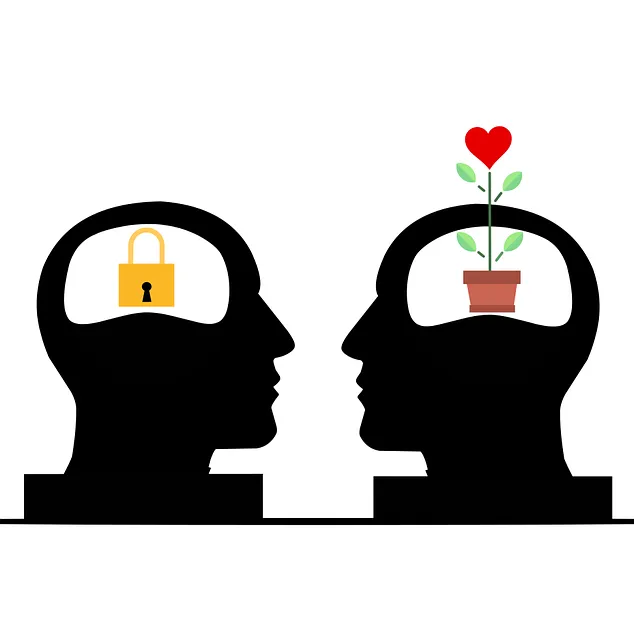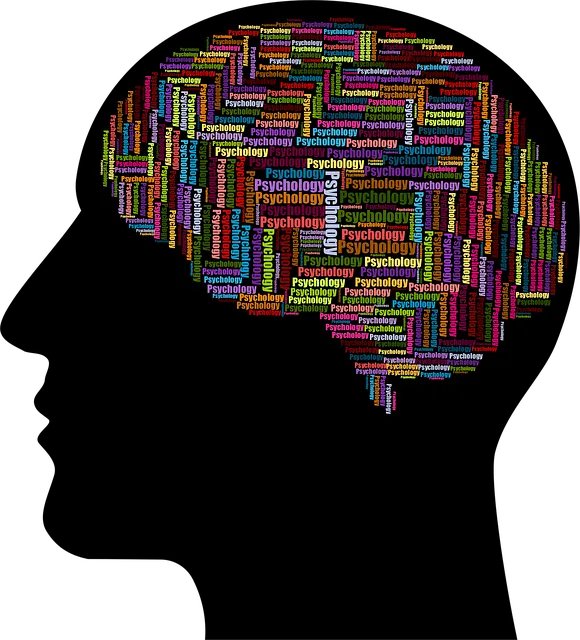The Kaiser Permanente mental health facility in Parker offers holistic care and diverse services to meet community needs. With a focus on evidence-based practices and positive thinking, the center empowers individuals to manage their mental health. The growing demand for mental wellness apps, reflected in US regions like Parker, Colorado, highlights the need for tailored digital tools. Successful apps include personalized therapy, mood tracking, meditation, and supportive communities, as exemplified by Kaiser Permanente's approach. Ethical development processes ensure safety, with features like burnout prevention strategies, empathy-driven content, and rigorous testing.
In today’s digital age, the demand for accessible mental wellness solutions is growing. This article explores the development of mental health apps, focusing on the insights gained from Kaiser Permanente’s state-of-the-art facility in Parker. We analyze the market need and identify key target audiences for these applications. By examining the essential features and ethical considerations, we provide a roadmap for creating effective wellness tech, addressing a crucial aspect of modern healthcare.
- Understanding Kaiser Permanente's Mental Health Facility in Parker
- Market Need and Target Audience for Wellness Apps
- Key Features of Effective Mental Health Applications
- Development Process and Ethical Considerations for Wellness Tech
Understanding Kaiser Permanente's Mental Health Facility in Parker
Kaiser Permanente’s Mental Health Facility in Parker is a dedicated and comprehensive resource for individuals seeking support for their mental wellness. This facility offers a wide range of services, catering to diverse needs within the community. From traditional therapy sessions to innovative programs focusing on positive thinking, self-awareness exercises, and empathy building strategies, it provides an inclusive environment for healing and growth.
The center’s approach emphasizes holistic care, considering not just symptoms but also the overall well-being of its clients. By combining evidence-based practices with a supportive atmosphere, Kaiser Permanente Parker aims to empower individuals to take control of their mental health. This facility stands as a beacon in the community, offering hope and effective solutions for those navigating various mental health challenges.
Market Need and Target Audience for Wellness Apps

The demand for mental wellness apps has been steadily rising, reflecting a broader societal shift towards prioritizing psychological well-being. This trend is particularly evident in regions with established healthcare systems, such as the United States, where organizations like Kaiser Permanente have recognized the potential of digital tools to augment their mental health services. Parker, a city in Colorado, serves as a microcosm of this market need; its diverse population faces varying stress factors, from the demands of outdoor lifestyles and work commitments to the challenges of urban living. Therefore, there is a pressing requirement for user-friendly mental wellness apps tailored to meet the unique needs of individuals within such communities.
The target audience for these apps encompasses a wide range of users, from young professionals seeking stress reduction methods to older adults aiming to build resilience against age-related mental health issues. By employing effective communication strategies, these applications can engage and support users through various stages of their mental wellness journeys. Incorporating evidence-based Stress Reduction Methods and Resilience Building techniques ensures that the apps provide valuable tools for maintaining and improving psychological health.
Key Features of Effective Mental Health Applications

Effective mental health applications should incorporate a range of key features to ensure they provide valuable support for users’ well-being. One notable example is the Kaiser Permanente mental health facility in Parker, which has utilized technology to expand access to care and improve patient outcomes. These apps often include personalized therapy programs tailored to individual needs, utilizing evidence-based practices such as cognitive-behavioral therapy (CBT) techniques. Features like mood tracking, meditation guides, and access to a supportive community can empower users to actively manage their mental health.
Additionally, successful mental wellness apps integrate various tools for self-assessment and education, enabling users to gain insights into their emotional states and learn coping strategies. Incorporating features inspired by Mental Health Policy Analysis and Advocacy, such as resources on policy changes and advocacy efforts, can further enhance the app’s impact. Other beneficial elements include Conflict Resolution Techniques, like mindfulness practices for handling stress and difficult situations, and Public Awareness Campaigns Development to promote mental health literacy among users and their communities.
Development Process and Ethical Considerations for Wellness Tech

The development of a mental wellness app involves a meticulous process that aligns with ethical considerations to ensure its effectiveness and safety. Beginning with research, understanding user needs and collaborating with experts like those from Kaiser Permanente’s mental health facility in Parker is paramount. This stage helps tailor features such as Self-Care Practices and Mental Wellness Journaling Exercise Guidance to meet specific demands.
As the app takes shape, ethical guidelines must be rigorously followed. Confidentiality, data security, and user consent are non-negotiable. Moreover, ensuring that Burnout Prevention Strategies for Healthcare Providers are integrated reflects a commitment to supporting not just individuals but also professionals who often bear the brunt of mental health challenges. Each feature should be designed with empathy, backed by evidence, and tested extensively before launch to guarantee a positive impact on users’ mental wellness journeys.
The development of mental wellness apps, particularly inspired by facilities like Kaiser Permanente’s in Parker, holds immense potential to address the growing market need for accessible, personalized mental health support. By incorporating key features such as evidence-based therapy tools and community engagement, these applications can effectively cater to diverse user needs. The development process must prioritize ethical considerations, ensuring data privacy, transparency, and user consent. As the digital landscape evolves, wellness tech has the power to revolutionize mental healthcare, making it more inclusive and convenient for individuals seeking support.






